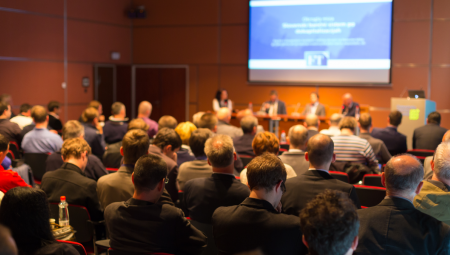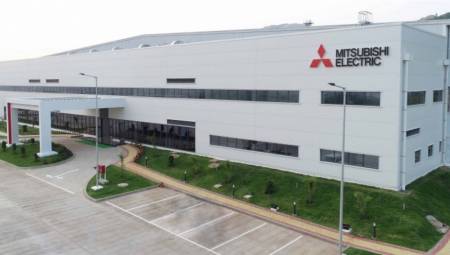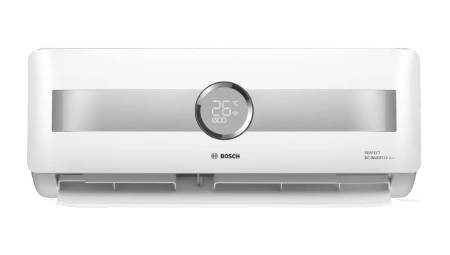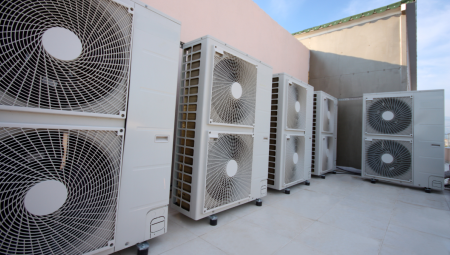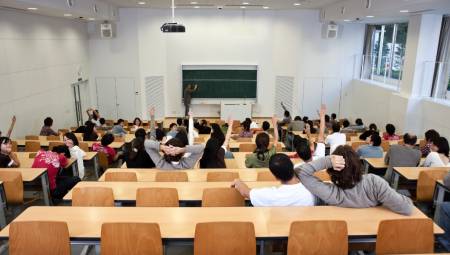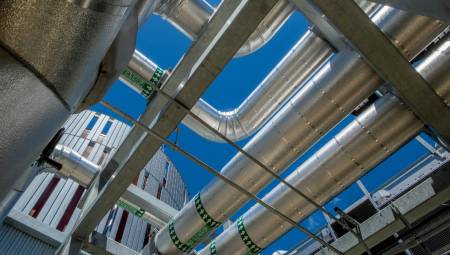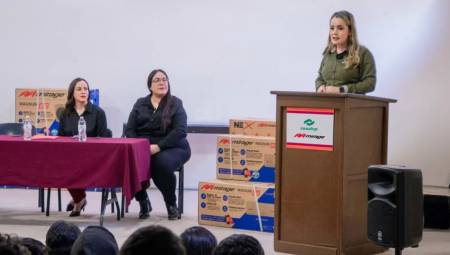 Combining profitability with social responsibility is not impossible, the simple fact of ensuring the efficiency of refrigeration systems contributes to both fields, allowing lower costs and reducing environmental damage.
by Alejandra García Vélez
Combining profitability with social responsibility is not impossible, the simple fact of ensuring the efficiency of refrigeration systems contributes to both fields, allowing lower costs and reducing environmental damage.
by Alejandra García Vélez
Social responsibility and the development of environmentally friendly processes are today a reality for all economic sectors. The refrigeration industry in particular has a greater commitment to the nature and impact that the technologies used by this sector have on the environment.
Precisely, William Morales Quispe, general manager of Reter EIRL, was in charge of raising awareness about this issue during the last edition of RefriAméricas with his speech entitled "The concept of good practices in refrigeration (BPR) and its application in the industrial field of the region".
His first consideration in raising this talk was that at this moment the world is at the gates of a climate catastrophe caused by man involuntarily.
Not surprisingly, according to data provided by the same speaker, the refrigeration and air conditioning sectors consume about 15% of the electrical energy produced in the world and about 40% of refrigerant emissions are due to refrigeration and air conditioning equipment.
Much of the responsibility for this situation lies with CFC refrigerants, which for more than 50 years were indispensable for food preservation but are now known to cause irreparable damage to the ozone layer.
Hence the importance of people involved in the industry knowing more about the subject of good practices; Morales explains that indeed the first motivation to implement these practices has humanitarian features, but at the same time it is a good business, because applying a strategy correctly contributes both to the conservation of the planet and to savings in production costs.
What and for what
The main objective of touching on this topic was to make clear from the engineering point of view the operation of the refrigeration equipment, from the main components to the secondary ones.
"The system must be known perfectly, to configure it properly so that maximum operating efficiency was achieved, this is possible by making use, for example, of the Mollier diagram, ecological refrigerants and retrofit," explains Morales.
As for the concept of good practices, the lecturer defines it as "a teaching aimed at anyone who is dedicated to the activity of air conditioning and refrigeration, so that they can continue to perform with knowledge and work practices that do not harm the environment, in addition to ensuring that refrigeration systems work with maximum efficiency".
In the same way, it considers it important to know the laws that apply in each country in the matter of environmental conservation, as well as the economic functioning of each system looking for a high COP, EER and SEER.
Companies that are committed to the implementation of a program of good practices must integrate different strategies into their organizational development. First of all, the main tool is training.
"It is necessary to work on this issue in a serious but at the same time bearable way, which is easy to understand and apply, both for the engineer and the technician, that is, suitable for everyone," says Morales. In this sense, the importance of education from the point of view of ecological awareness stands out in a serious way but without affecting the economy of the refrigerator.
Another of its recommendations is that companies get used to hiring a company dedicated only to supervising the contractors in charge of installing the refrigerator, with the aim of ensuring that the work is truly efficient.
Legislation
Another component that companies must take into account are the regulations established internationally, for example, in the Montreal Protocol, as well as the legislation that each country has proposed to regulate the matter.
In the specific case of Peru, the country in which Morales works, this regulation is very advanced, while in other latitudes it has just begun, but, in the opinion of the speaker, it is an urgent need for all Latin American countries to create their own legislation in the face of this reality.
In Peru, the official regulations devised by the Ministry of Industry and the Technical Office of Ozone (OTO) have led the initiatives in this regard in that country. Morales makes it clear that the implementation of the Montreal Protocol in his country began with legislative resolution No. 24931 in 1989.
In the following years, the different amendments made to the protocol would be ratified, in addition, the National Commission on Climate Change (CONAM) would be created and within it the working group for the implementation of the Montreal Protocol in Peru. PRODUCES.
Among the first control measures complied with by this country, Morales highlights that in 1999 the consumption of some CFCs was frozen, then, in 2002, the freezing of methyl bromide consumption at the average levels of 1995-1998 would begin. As a result, a 50 per cent reduction in CFC consumption and a 20 per cent reduction in methyl bromide would be achieved in 2005.
In addition, among the main aspects contained in the ODS standard, the prohibition of the entry into the national territory of Peru of recycled CFCs 11 and CFCs 12 was also prohibited, the production of ODS and the manufacture or entry of refrigeration equipment or new or used cold or air conditioning production equipment that for their production or operation require ODS was also prohibited.
Likewise, the actions programmed by OTO include the definition of complementary regulations, the accreditation of technicians in refirgeration, implementation of projects for the management of methyl bromide, polyurethane foams and the expansion of the refrigerant management plan.
The guest concludes by stating that environmental awareness is not an exclusive matter of industry professionals, it should be a concern of the entire population, however, it is the refrigerators who from their position can help to some extent to reduce the environmental impact. For example, Morales explains, it is common to discover that a refrigerant is harmful to the ozone layer, so it is important to be constantly updated.



